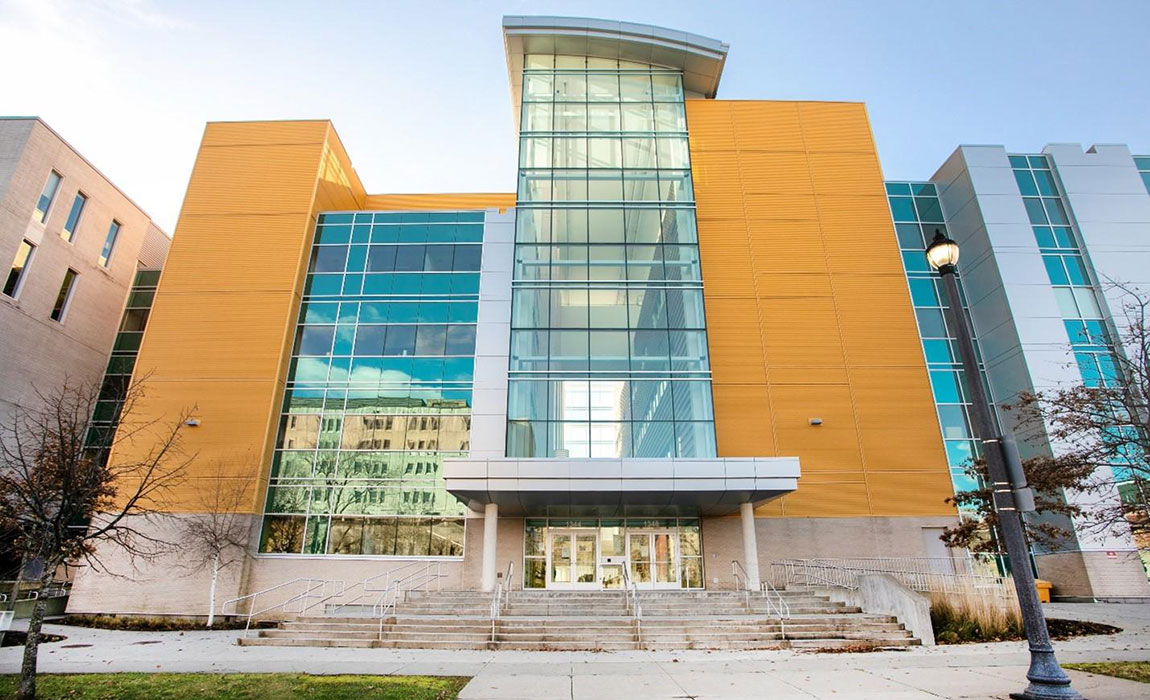Jaza Energy: Bringing electricity to Tanzania
Thursday, May 12, 2016
On the island of Pemba, in the Indian Ocean west of Tanzania, small communities now enjoy electricity thanks to Jaza Energy of Halifax, Nova Scotia.
Jaza was created by Sebastian Manchester and his friend Jeff Schnurr, the executive director of Community Forests International (CFI), which builds resilience in communities against climate change. Jaza brings clean solar energy to communities beyond the reach of the electricity grid. After building successful pilot projects with CFI in Pemba in 2013, Jaza is completing its next phase.
Sebastian had researched ways to bring electricity to remote communities while earning a master’s at Dalhousie in mechanical engineering. With Community Forests Pemba, CFI’s sister organization in Tanzania, CFI was involved in a variety of sustainability projects there. Sebastian and Jeff discussed collaborating on projects to bring electricity to Pemba communities.
Those communities knew exactly what they wanted. They were buying kerosene for lighting, which is both expensive and toxic to burn indoors. They also had to travel and pay high prices to charge their cell phones. In developing countries, telecommunications networks have spread more organically than the electricity grid, and people rely on the communications infrastructure.
“We saw those two pieces as a big opportunity,” Sebastian says. “We could solve the lighting and phone problems with a simple, inexpensive solution.” Their idea was to build a solar-energy system as a hub in the community, with access for everyone. They built small, portable energy storage packs that people bring to the hub, plug in and charge, and take home to power an LED lighting kit, which Jaza also provides. The light runs for almost a week before its battery needs recharging.
The systems are located in community-shared buildings, such as schools and mosques, and they power these buildings as well as individual homes.
The next step was to make the systems sustainable, and that’s where Nova Scotia Business Inc. (NSBI) came in. Local people saw the electricity as a valuable service and were willing to pay for it.

“NSBI helped us with a project to develop a new type of control system and communication system,” Sebastian says. “We wanted to allow users to prepay for electricity using mobile payments. Mobile money in Tanzania and other developing countries is far more accessible than traditional banking infrastructure.”
They also wanted a way to communicate with the system remotely and identify problems early. If they could remotely deploy technicians, a small team of technical staff could manage widely distributed energy systems.
“We wanted someone talented, with experience developing software within East Africa,” Sebastian says. “The Small Business Development Program allowed us to build a platform far superior to anything we could have built ourselves in the time we had. NSBI enabled us to hire top talent to get our product to market.”
Although Jaza’s product is destined for emerging markets and developing countries, the engineering and R&D happen here in Nova Scotia. The company’s vision is to build a network of distributed micro-grids throughout East Africa. You can follow their progress on Instagram @jazaenergy.
Nova Scotia Business Inc. is dedicated to supporting the growth of business in Nova Scotia. Our team of Regional Business Development Advisors is available to assess your needs and provide practical advice on taking your next steps toward growth in global markets.
The Small Business Development Program supports Nova Scotia businesses looking to increase their export sales outside of Nova Scotia. The program provides financial incentives for projects that assist a business’s ability to overcome barriers to export growth.





